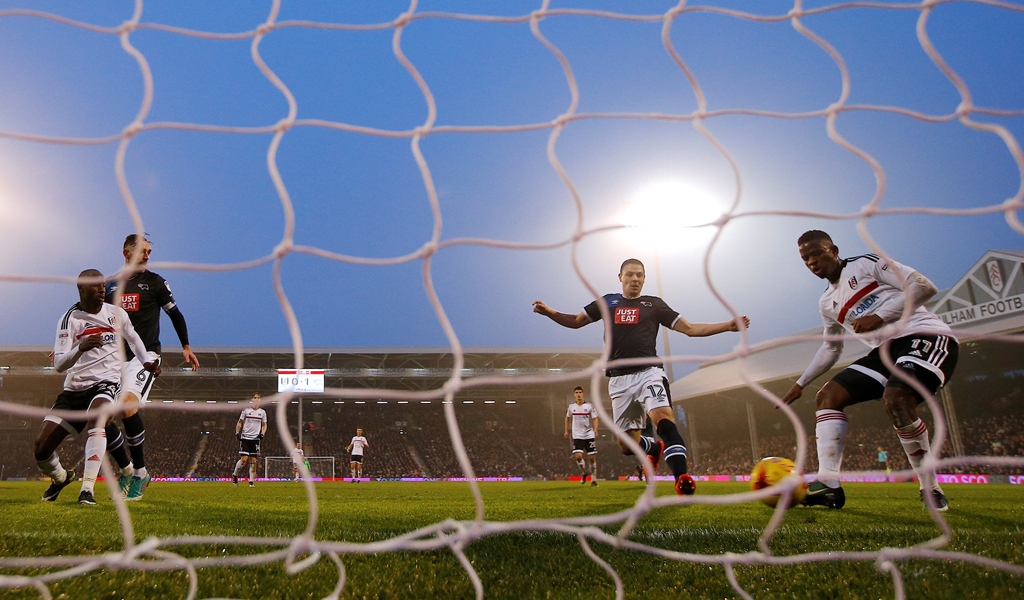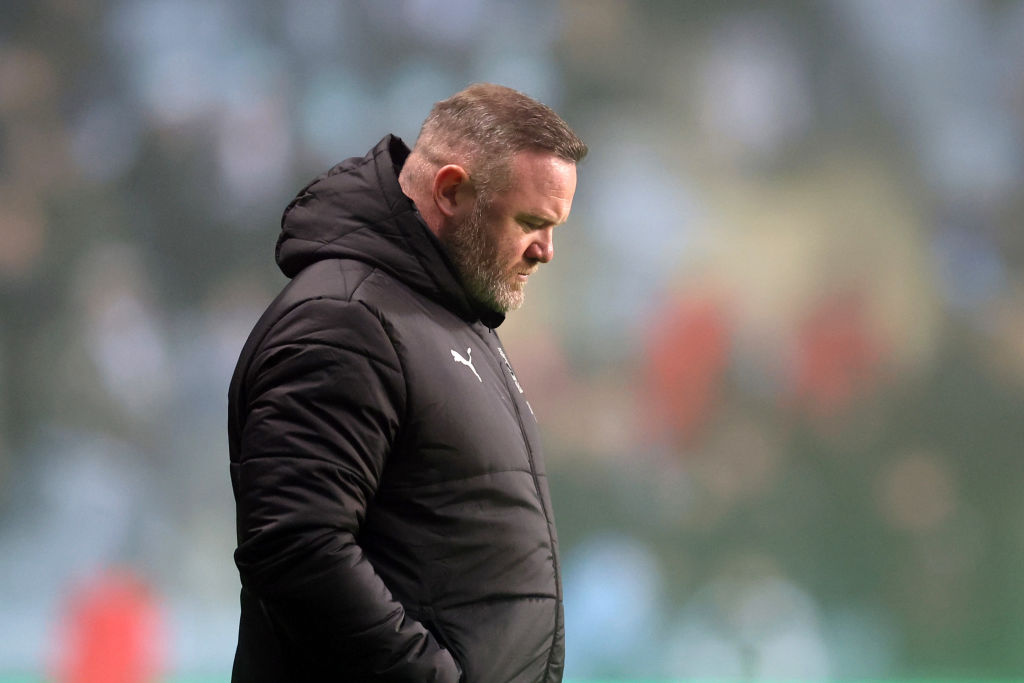
By Glenn Moore
So, now we know. Brexit means out of the single market and an end to freedom of movement between the UK and the European Union.
But what does that mean for football? For the Premier League, it will result in fewer foreign players, perhaps fewer foreign managers and owners
In the EFL, too, the overseas influence is likely to be reduced, but it could also lead to a drop in playing standards.
The quality of football in the EFL is higher than it has ever been. Of course, if your team is short of confidence, chemistry and class, you will not agree.
If, in recent memory, the team was playing lovely passing football and winning matches, you will also not agree.
And, if you support either Nottingham club or Coventry or Orient, and quite a few other teams, you’ll not agree, either.
But there are usually specific reasons for an individual club’s decline. Taken as a whole, the game is a world away from the direct football of the 70s and 80s, when the pitches were mud and defenders spent their time ploughing through strikers from behind, kicking it into row Z and passing back to the goalkeeper, who picked the ball up and whacked it long.
This extends a long way down the pyramid. Lincoln City did not kick Ipswich Town off the park and out of the FA Cup last week, or simply knock it long. They outplayed them and their winning goal was beautifully executed.
Last Saturday, I went to Craven Cottage and watched an excellent game.
Visitors Barnsley played some decent football at times but missed the newly-departed Sam Winnall (now Sheffield Wednesday) in attack and were outplayed in midfield by a Fulham side, whose slick passing suggested Johnny Haynes’ statue had come to life and joined in.
But for some fine goalkeeping, wayward finishing and an Arsenal-like desire to create the perfect goal, they would have scored five.
Fulham’s starting XI was a typical Championship mixed bag. There were seven Brits and four foreigners. Three players were loanees.
Surprisingly, given the club’s well-regarded youth system, none was developed by Fulham, but substitute Ryan Sessegnon showed the production line has not dried up.
What they had in common was an ability to pass the ball, starting with keeper David Button, who was composed and confident with the ball at his feet.
Like full-back Ryan Fredericks , below, he is a Tottenham youth product. In fact, six of the XI were English academy graduates, the others being Scott Malone (at Wolves from nine to 21), Tom Cairney (Leeds seven to 16), Sone Aluko (Birmingham, eight to 19) and Chris Martin (Norwich nine to 25).
The academy system has its faults, notably the cruel churn of players but also the unrealistic ‘tippy-tappy’ nature of games, but it is producing players with a high level of technical ability.
This is being reflected in the success of England’s age-group teams, with the U17s and U19s making an impact in recent European Championships and the U21s qualifying regularly for the finals.
The problem these players have is reaching the first team, and one of the main reasons for this is managers, who need instant results, preferring experienced foreign players.
As a consequence, the likes of Button and Fredericks are released and wind up in the EFL.
Also raising the standard by dropping into the EFL are loan players like Lucas Piazon and Tomas Kalas, both borrowed by Fulham from Chelsea, who had signed them as promising teenagers.
Under new work permit regulations agreed by the Football Association in 2015, such players would not be allowed into the UK now.
Indeed, post-Brexit even players such as N’Golo Kante, Dimitri Payet and Cesar Azpilicueta – none of whom was a regular international when first signed – could be excluded.
Then, there is sterling’s precipitous drop in value. This will make those players who are allowed in more expensive, and the wages they receive less alluring.
A reduction of foreign players, who currently make up two-thirds of the top flight, would free up places in the Premier League for the likes of Button, who had Heurelho Gomes (Brazil), Carlo Cudicini (Italy), Brad Friedel (USA) and Stipe Pletikosa (Croatia) ahead of him at White Hart Lane.
This should be good news for the senior England team, but not so for English clubs, including those in the EFL.















